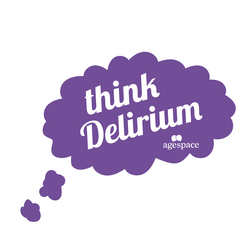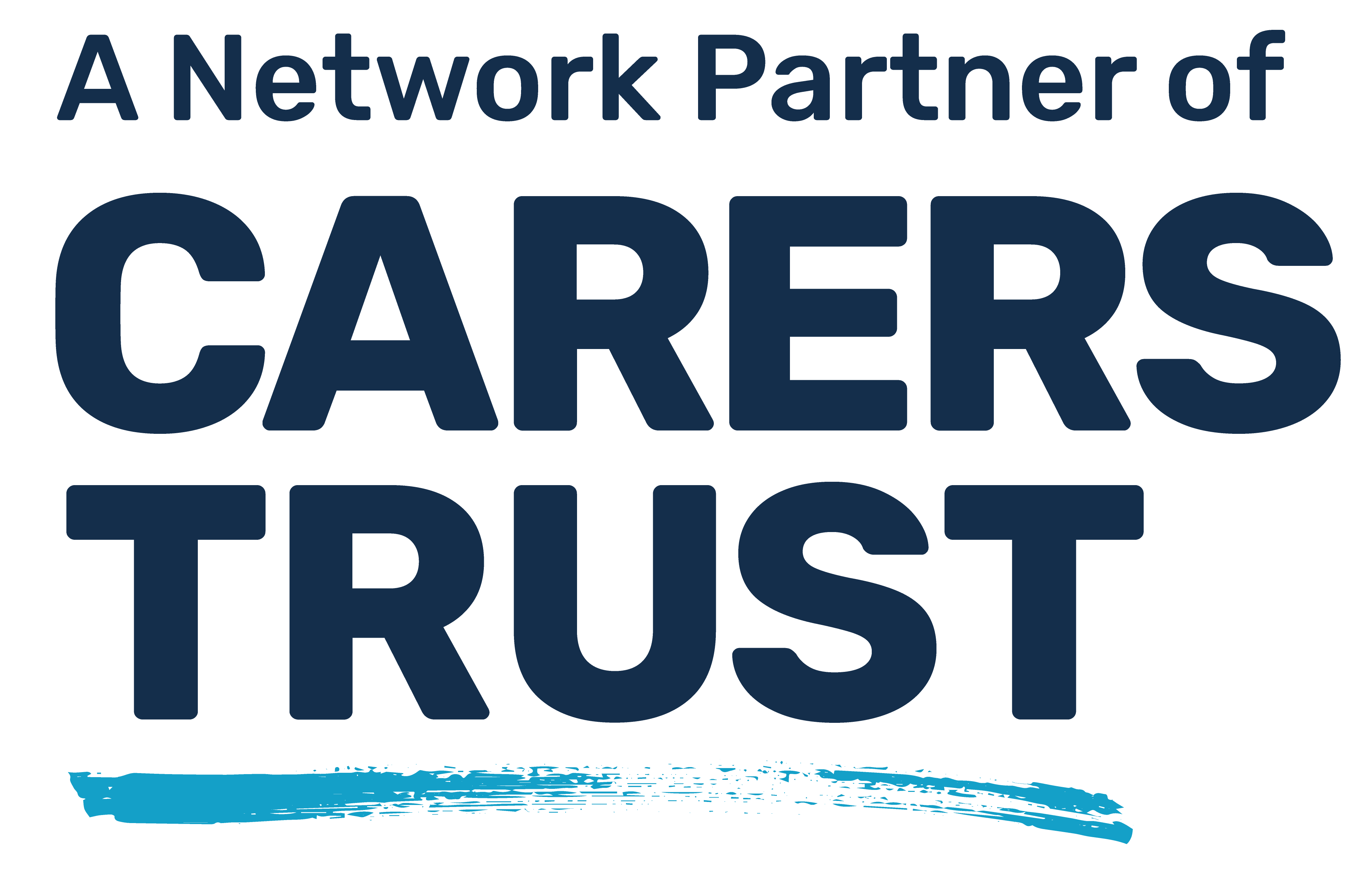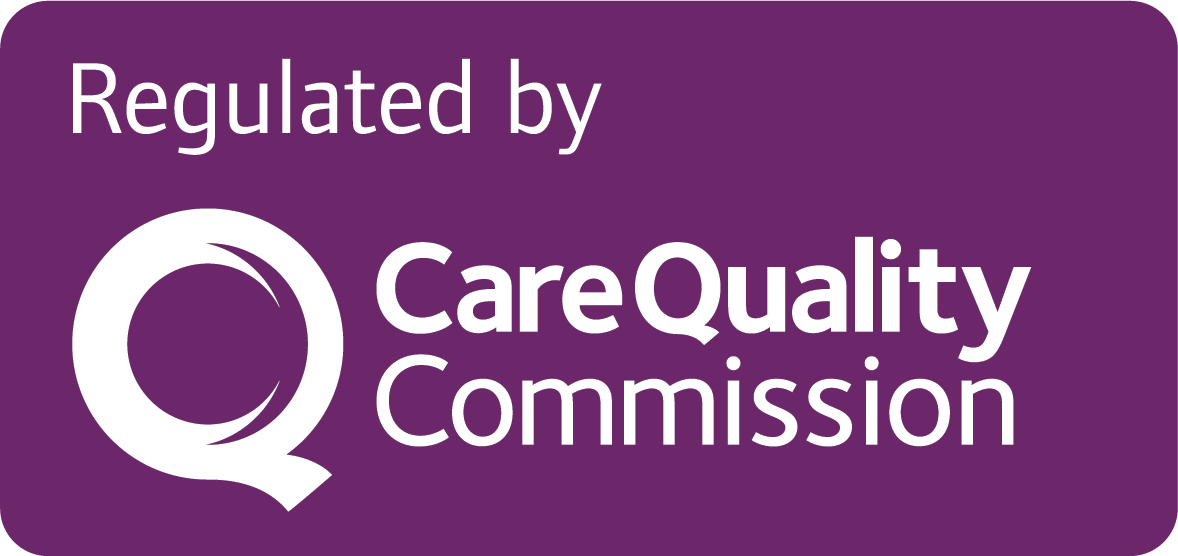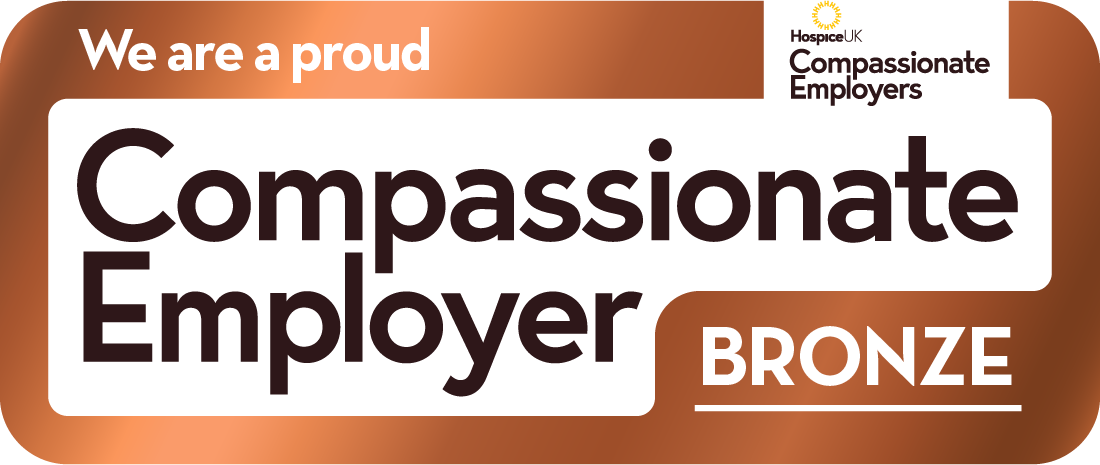 A new initiative, Think Delirium, has been launched by AgeSpace.org to raise awareness and provide information on delirium.
A new initiative, Think Delirium, has been launched by AgeSpace.org to raise awareness and provide information on delirium.
Delirium is state of mental confusion and a condition which can often be confused with signs of dementia, and can be missed by families and care professionals.
The condition can be caused by other health conditions including urinary tract infections, strokes, dehydration or low blood sugar levels. Symptoms can develop rapidly over hours and days, but when the underlying causes are treated, recovery can be fast and effective, although there can be long-term consequences. Ages Space says the earlier it is detected, the better the outcome.
The Think Delirium initiative aims to provide families and carers with the information they need regarding prevention and diagnosis particularly through this winter with many elderly people alone or isolating due to Covid-19 with limited visits from family.
The most effective way of preventing delirium is by ensuring a good standard of care, making sure the older person stays hydrated and is well-nourished; is sleeping well and has regular medical check-ups.
The Age Space Think Delirium guide to symptoms of delirium: signs to watch out for
- Becoming withdrawn: this may include loss of concentration and alertness, sleepiness or lethargy; inability to keep up with conversation; lack of response to things that would normally capture their attention
- Becoming uncharacteristically un-cooperative, even aggressive
- Cognition and perception difficulties which may include hallucinations; poor memory, inability to speak coherently or understand speech; disorientation with surroundings; struggling to read or write
- Emotional disturbances such as fear or paranoia; rapid and unexplained changes in mood; severe anger or sadness or unexplained euphoria and elation
- Physical concerns such as being very sleepy or lethargic, conversely having difficulty sleeping at night and/or restlessness
For families and care professionals, Age Space has produced a guide to delirium on its website, head to: agespace.org/health/delirium/












